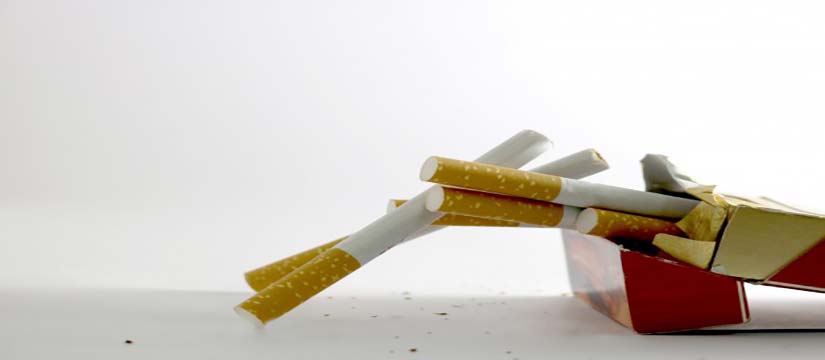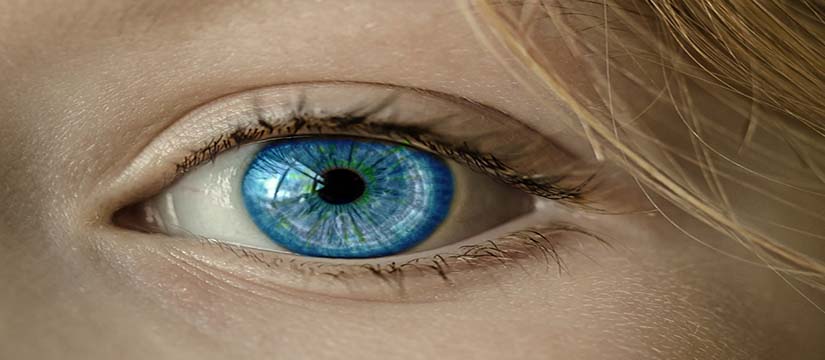
Tobacco Use and Your Oral Health
In addition to affecting your overall health, tobacco use and smoking can cause a number of oral health issues, ranging from oral cancer to discolored teeth.
“You can get yellow teeth and a yellow tongue,” says Thomas Kilgore, DMD, professor of oral and maxillofacial surgery and associate dean at the Boston University Henry M. Goldman School of Dental Medicine. “You see a lot of staining on the tongue.”
Smoking and tobacco use can lead to more serious oral health complications as well, including gum disease and oral cancer.
Smoking and Oral Cancer
“The most serious issue is mouth cancer,” Dr. Kilgore says. “It’s hard to say what percentage of people who smoke will get mouth cancer, but the death rate of those who do get it is high — between 40 and 50 percent of all cases, and that hasn’t changed over the last few decades.”
The American Cancer Society estimates that 90 percent of people with oral cancer (cancer affecting the lips, tongue, throat, and mouth) have used tobacco in some form. Likewise, the risk of oral cancer is six times higher among smokers relative to non-smokers. Your individual risk of oral cancer depends on how long you’ve been using tobacco — the longer you use it, the greater your risk.
Smoking and Periodontal Disease
“Smoking cigarettes doesn’t cause dental decay, but it does cause periodontal, or gum, disease,” Kilgore explains. “Bone loss is part of periodontal disease. It starts out as inflammation of the gums. In the natural and unfortunate progression, the bone supporting the roots of your teeth becomes inflamed,” and then the underlying bone can deteriorate, he adds.
“There are surgical and nonsurgical therapies to reverse or slow the progression of periodontal disease,” Kilgore says, but without proper treatment, gum disease does eventually lead to tooth loss and jawbone damage. One study found that smoking was associated with more than 50 percent of periodontal disease cases.
For Oral Health, No Tobacco Is Safe
People often think that different forms of tobacco are “safer” than others. However, says Kilgore, “Tobacco in any form has risks. It’s hard to figure out which is worse” — when tobacco is chewed, smoked, or inhaled.
The bottom line is that regular exposure to tobacco in any form can compromise your health. Kilgore points out that “pipe smokers may not smoke very often, but they can [still] get cancer of the lips, as they’re always holding the pipe in the same place on the lip.” Additionally, “there’s a myth that chewing tobacco has less risk, but it’s been shown pretty clearly that this isn’t true.”
And people who use smokeless (chewing) tobacco are at a four to six time greater risk of oral cancer than people who don’t use tobacco at all. People who use smokeless tobacco are also at higher risk of tooth decay and cavities because some varieties of chewing tobacco contain sugar for a sweeter taste, and sugar is a primary cause of tooth decay.
Protecting Your Oral Heath
The following three principles can help to ensure good oral health throughout the years:
Quit smoking. After you’ve quit smoking, your risk of oral health problems decreases significantly. And the longer you remain a non-smoker, the lower your risk becomes. A decade after you’ve quit, your risk for periodontal disease is similar to that of a person who never smoked at all. “A lot of dentists now are taking the initiative to ask patients about their smoking habits, and are talking about the [nicotine] patch” and other ways to help people quit, Kilgore says.
Get regular dental check-ups. As with most cancers, early detection can improve your outcome. “The good news is that regular check-ups by a dentist are a good way to catch oral cancer early,” advises Kilgore. “Any mouth ulcers can be checked out with a biopsy, and you can get a diagnosis.” The sooner you start treatment, the better your odds of survival.
Brush properly. “Most people who have periodontal disease develop it from not brushing and flossing properly,” Kilgore notes. The heat and carcinogens found in cigarettes and tobacco are also damaging to your mouth and gums. So people who use tobacco need to be doubly careful about brushing and flossing correctly and doing so as often as recommended. Ask your dentist or dental hygienist to watch you brush and floss to make sure you’re doing a thorough job.
Having Trouble Quitting? Visit the Dentist Regularly
If you do use tobacco, cutting back and eventually quitting are some of the most important actions you can take to improve both your oral health and your overall health.
Tobacco use “is a tremendously addictive habit, so in the meantime, regular dental visits can help with early detection” of gum disease and precancerous mouth sores, Kilgore says. He adds that the people at greatest risk for oral cancer are chronic smokers who don’t visit their dentists regularly. “By the time oral cancer is detected, it’s hard to treat,” he says. Plus, the treatments can be more challenging at later stages. Surgery and radiation treatments are often disfiguring and can affect your ability to speak and eat.
Talk to your dentist or general doctor about what can help you to kick your smoking and other tobacco habits today.
Source: http://www.everydayhealth.com/dental-health/101/dont-smoke.aspx



